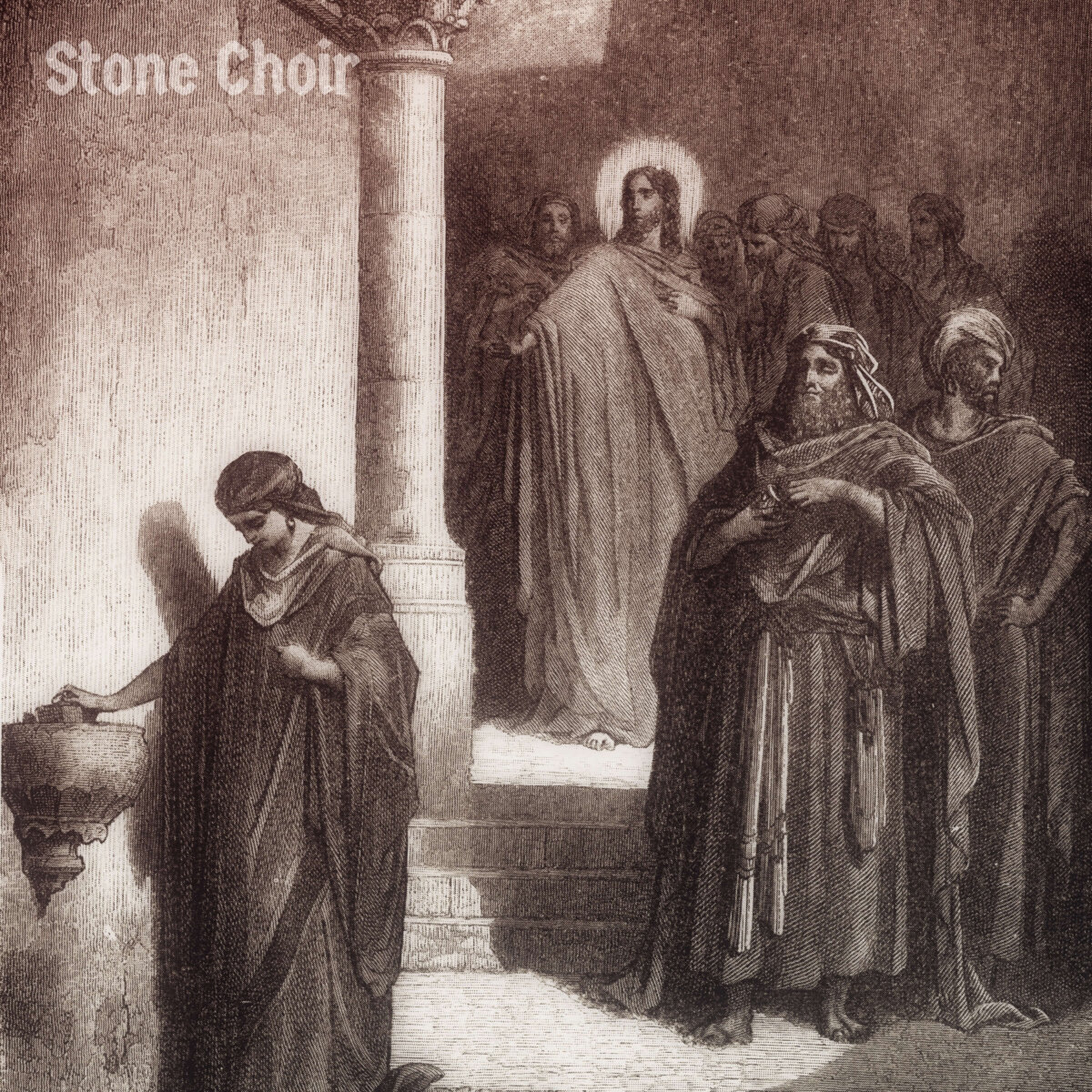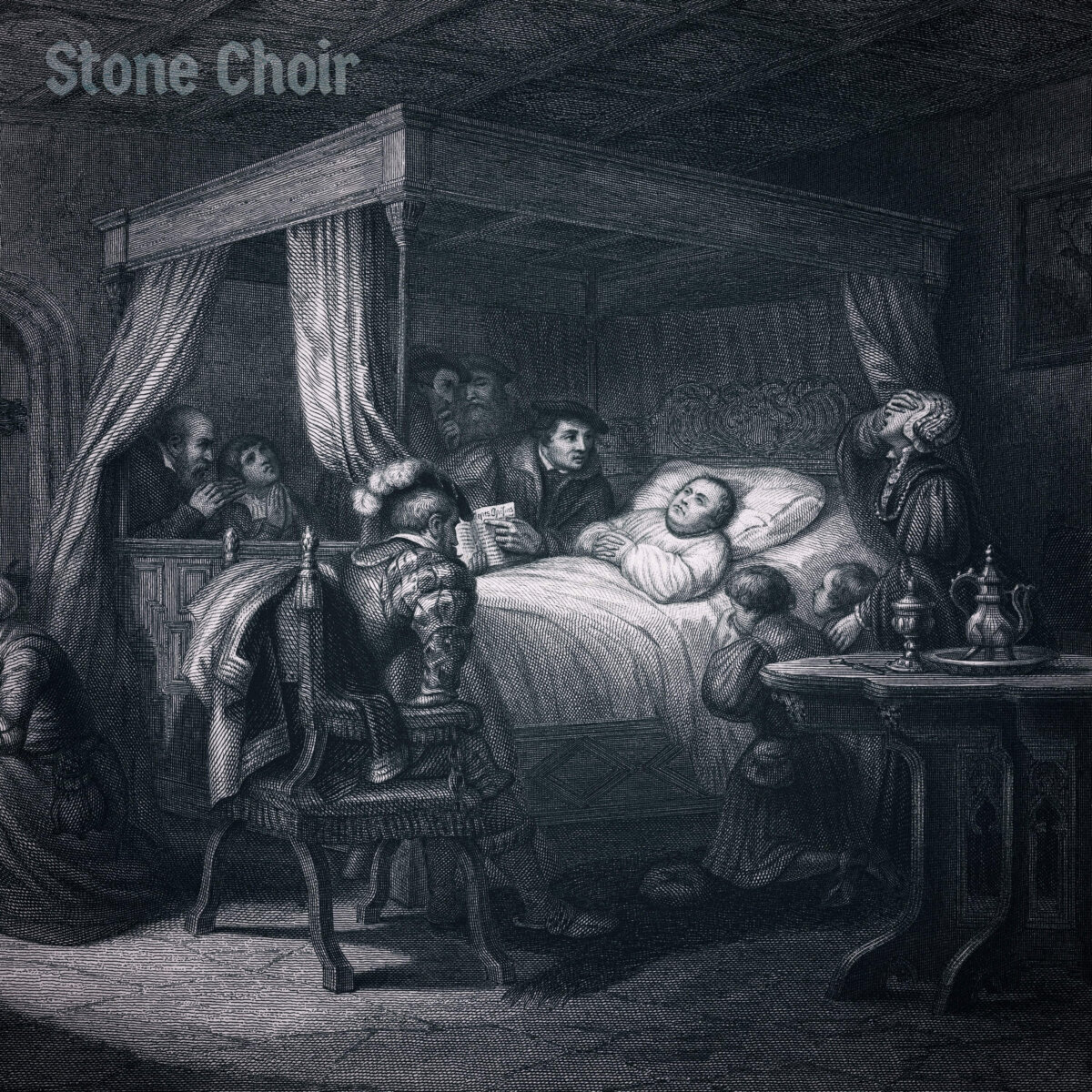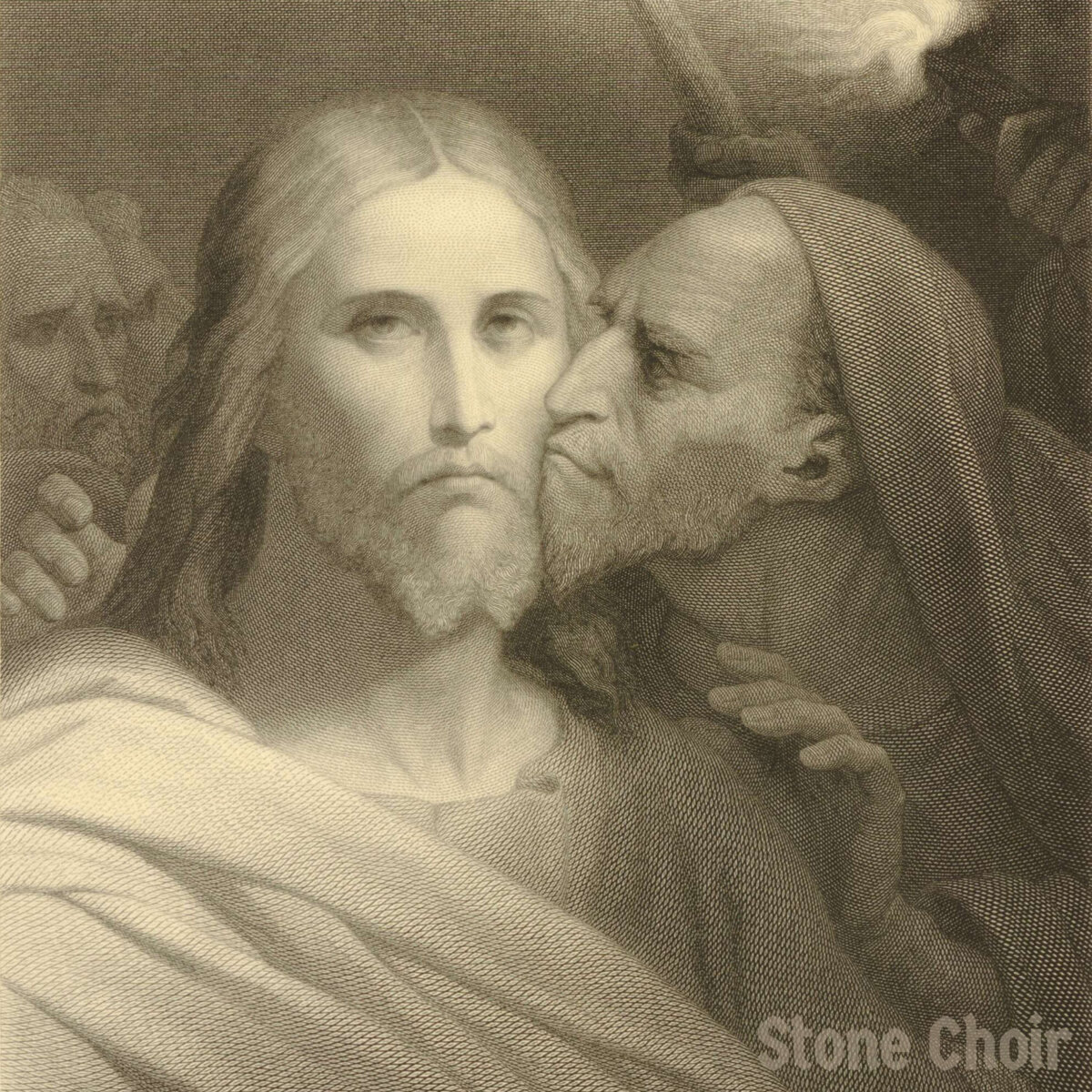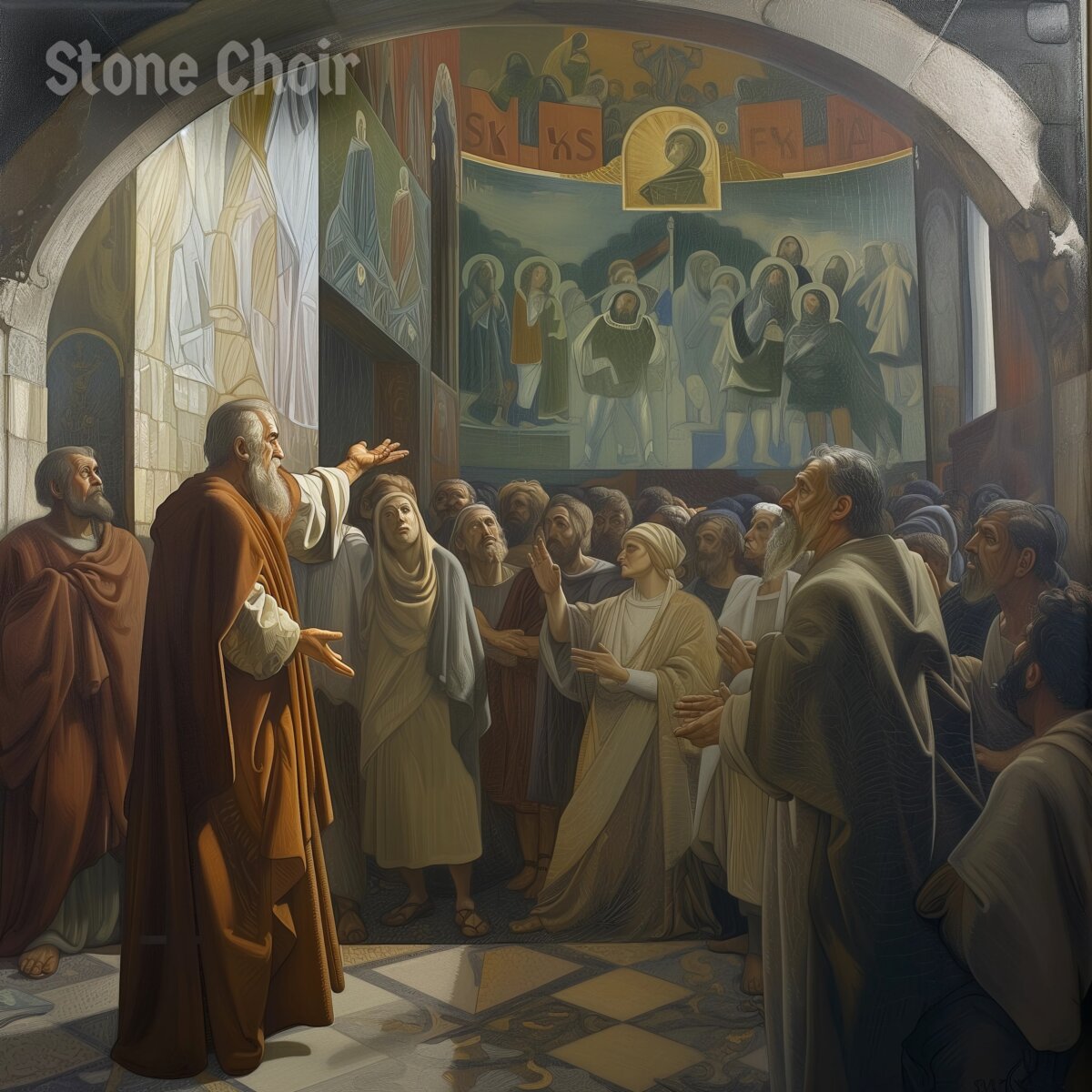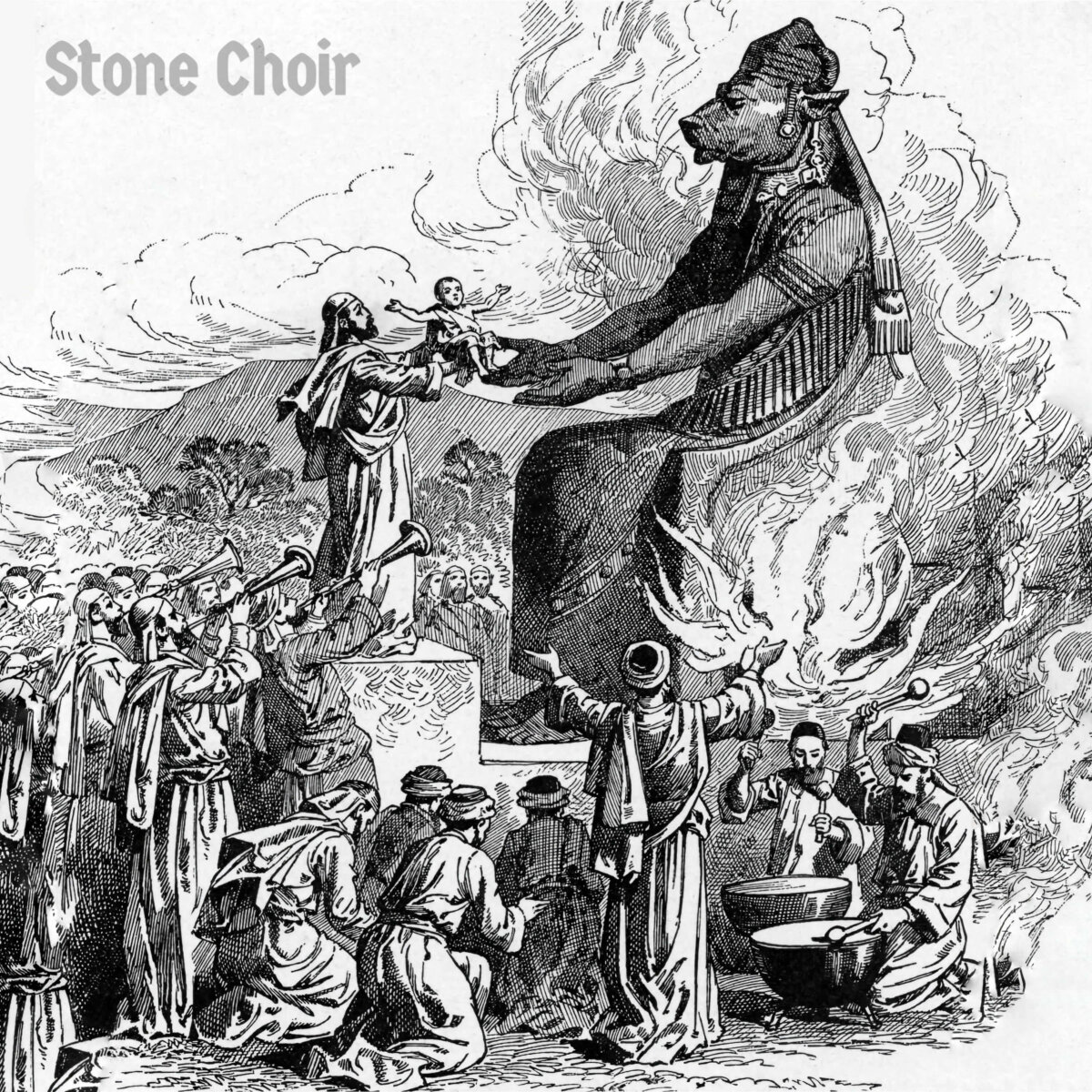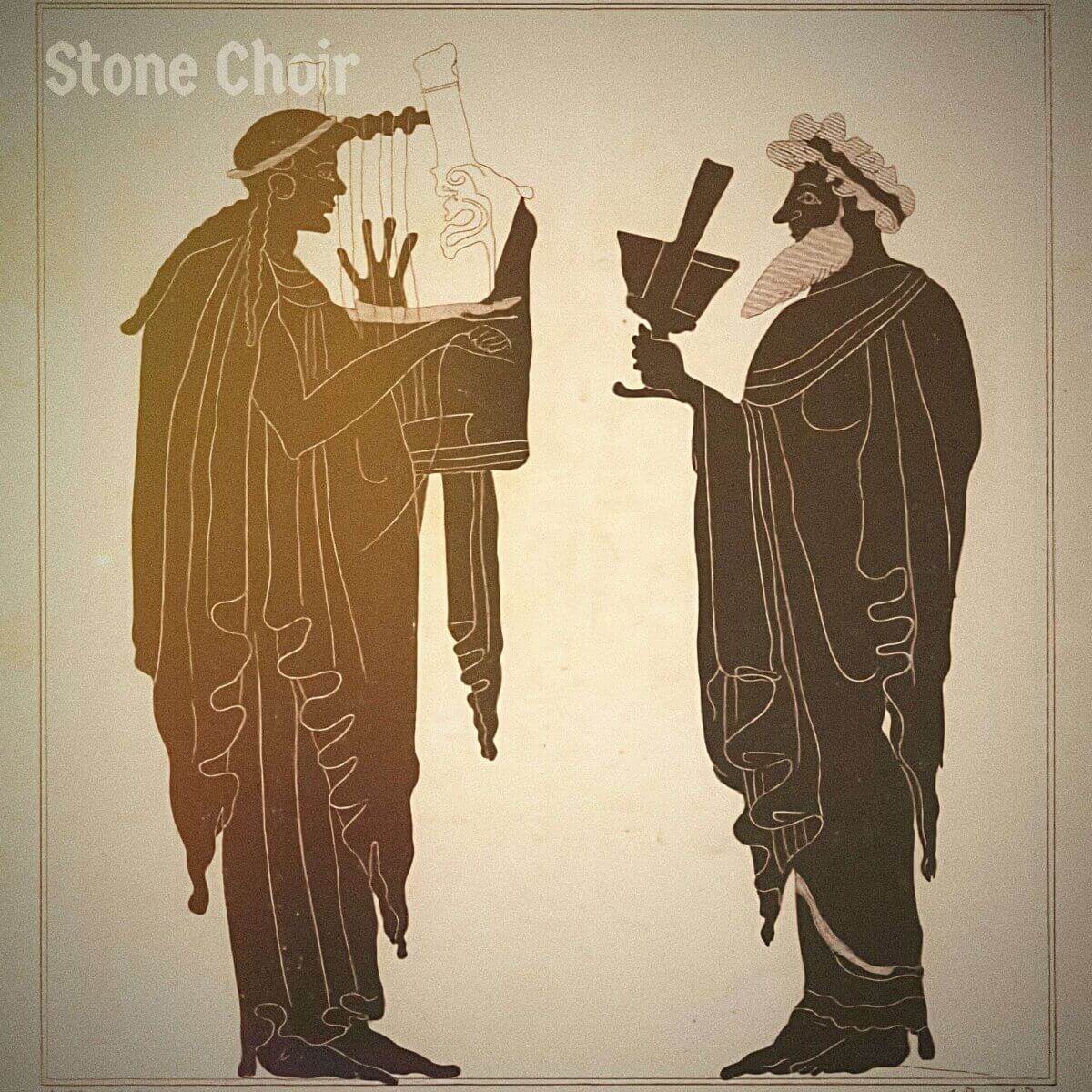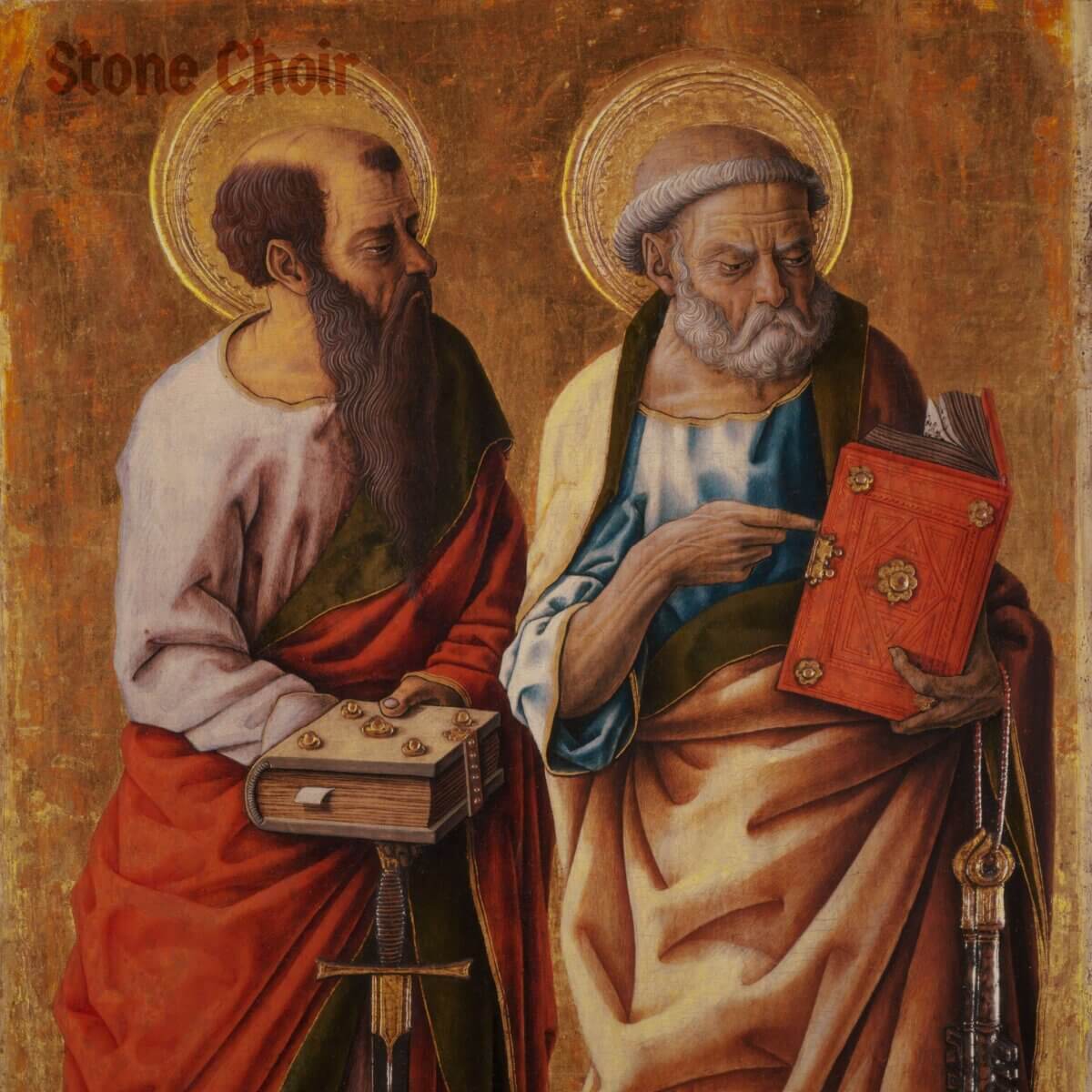The State of the Churches
Podcast: Play in new window | Download (Duration: 2:07:20 — 245.9MB) | Embed
Subscribe: Apple Podcasts | Spotify | Amazon Music | Youtube Music | More
Hosts

Corey J. Mahler

Knowledge is not what saves us, but faith cannot be devoid of content, for one must have faith in something. Part of being a Christian is, unsurprisingly, knowing the content of the Christian faith. Or, perhaps, this would be surprising to many, given the state of knowledge and belief among those claiming to be Christian — even among the best (in terms of knowledge and right belief) of those claiming to be Christian.
In today’s episode, we return to the state of the churches. This time, we examine the general state of knowledge and belief among Christians. Do Christians even know the basics of the faith? For most, the answer is very clearly: No.
Subscribe to the podcast here.
Show Notes
- Ligonier — “State of Theology” Survey Results
- Pew Research Center — “Religious Landscape Study” Survey Results
See Also
Further Reading
Parental Warnings
None.
Current Sponsor(s)
Coming soon?
Support the Podcast
Comments?
Join the discussion on Telegram, visit the feedback form or comment below.

